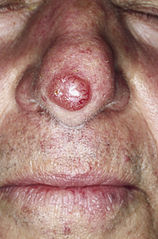Author Interviews, Cost of Health Care / 12.08.2019
California’s Attempt to Reduce Out-of-Network Billing Has Given Insurers’ the Upper Hand
MedicalResearch.com Interview with:
Erin L. Duffy, PhD, MPH
Adjunct Policy Researcher
RAND
MedicalResearch.com: What is the background for this study?
Response: A patient treated at a hospital in his or her insurer’s network may be involuntarily treated by out-of-network (OON) physicians. In these cases, the OON physician can seek to collect full billed charges from the patient’s insurer and, if the insurer does not pay the full amount, the physician can bill the patient for the remaining balance. These unexpected bills from out-of-network physicians are known as “surprise medical bills” and most result from anesthesiology, radiology, and pathology services.
California implemented a comprehensive policy (AB-72) addressing surprise medical billing for out-of-network nonemergency physician services at in-network hospitals in 2017 for patients in fully-insured health plans. AB-72 limits patients’ cost sharing to in-network levels, unless patients provide written consent to billing 24 hours in advance of services. Insurers and health plans pay out-of-network physicians at in-network hospitals the greater of the payer’s local average contracted rate or 125% of Medicare’s fee-for-service reimbursement rate. (more…)






























